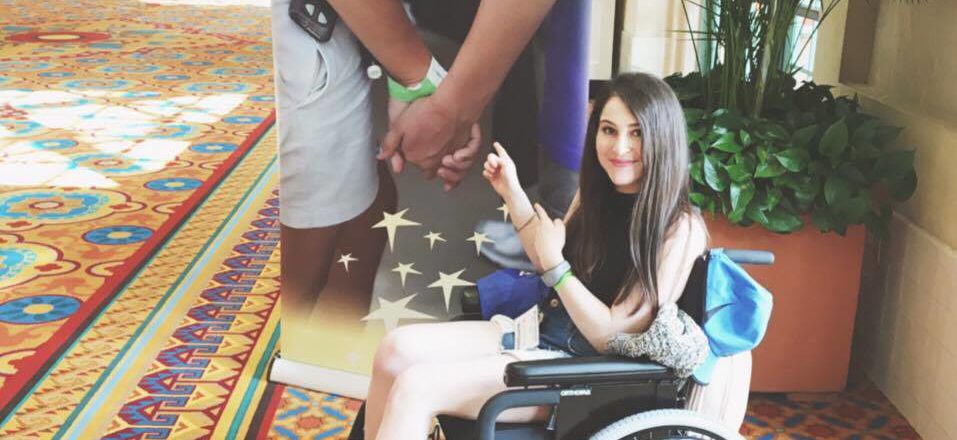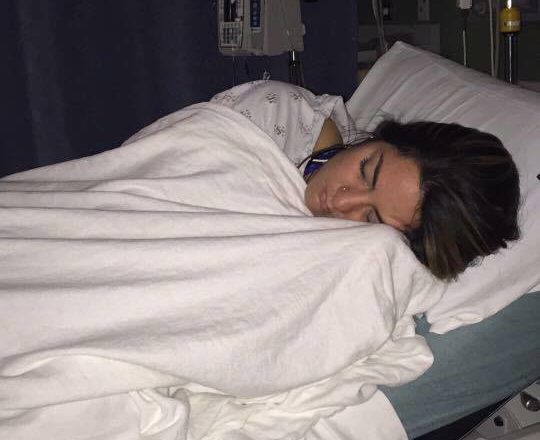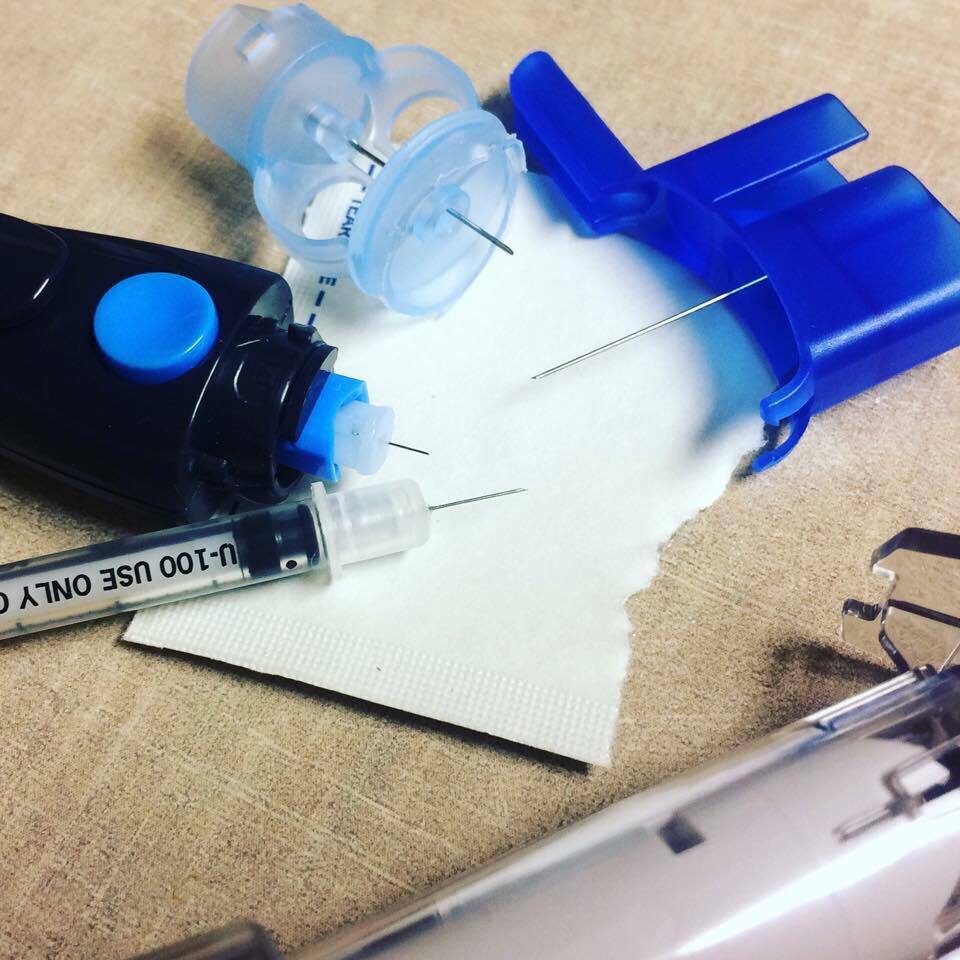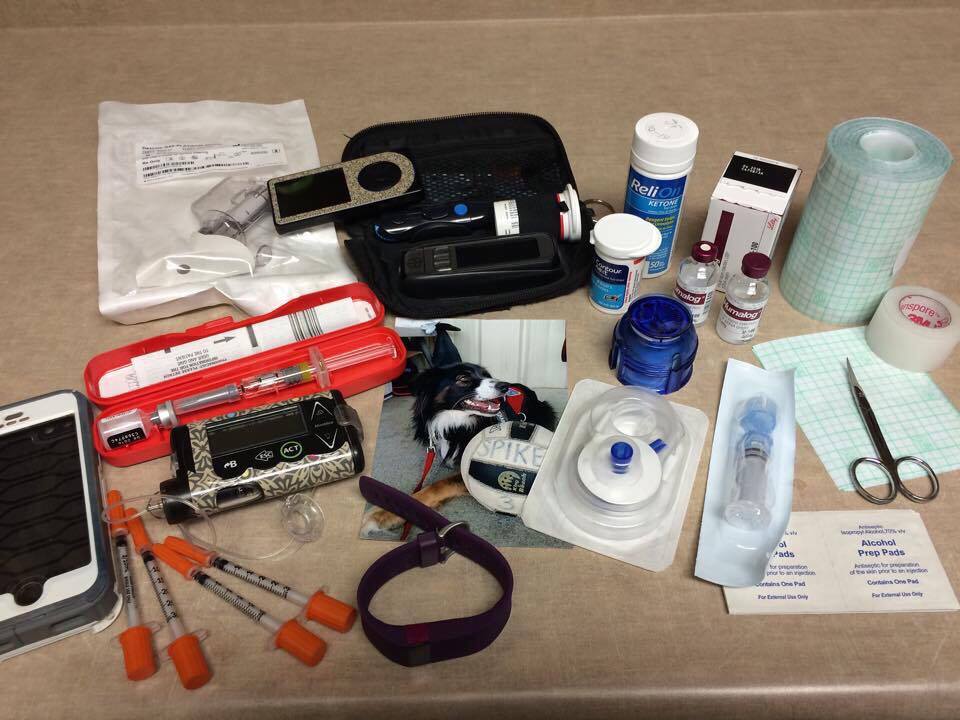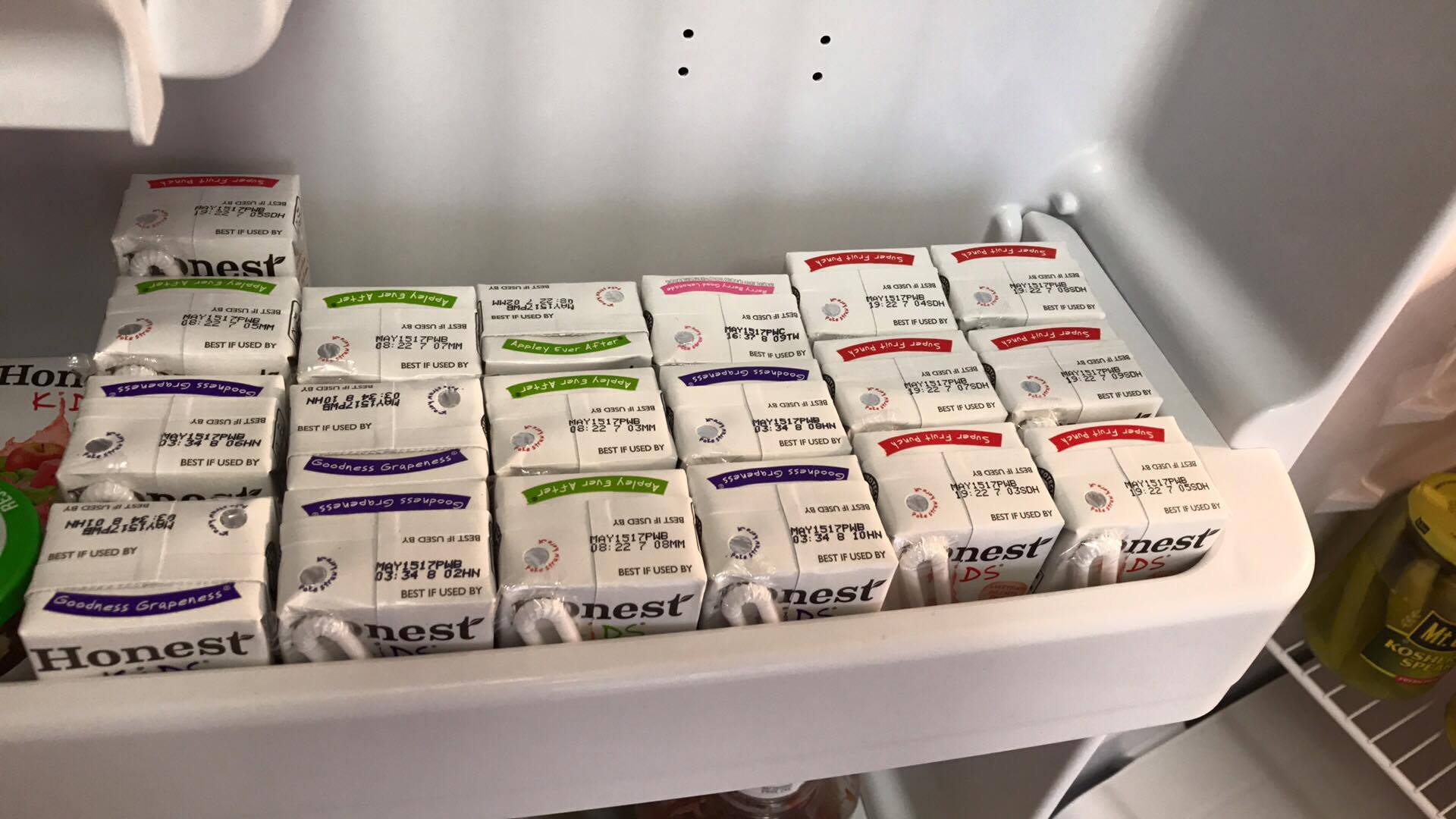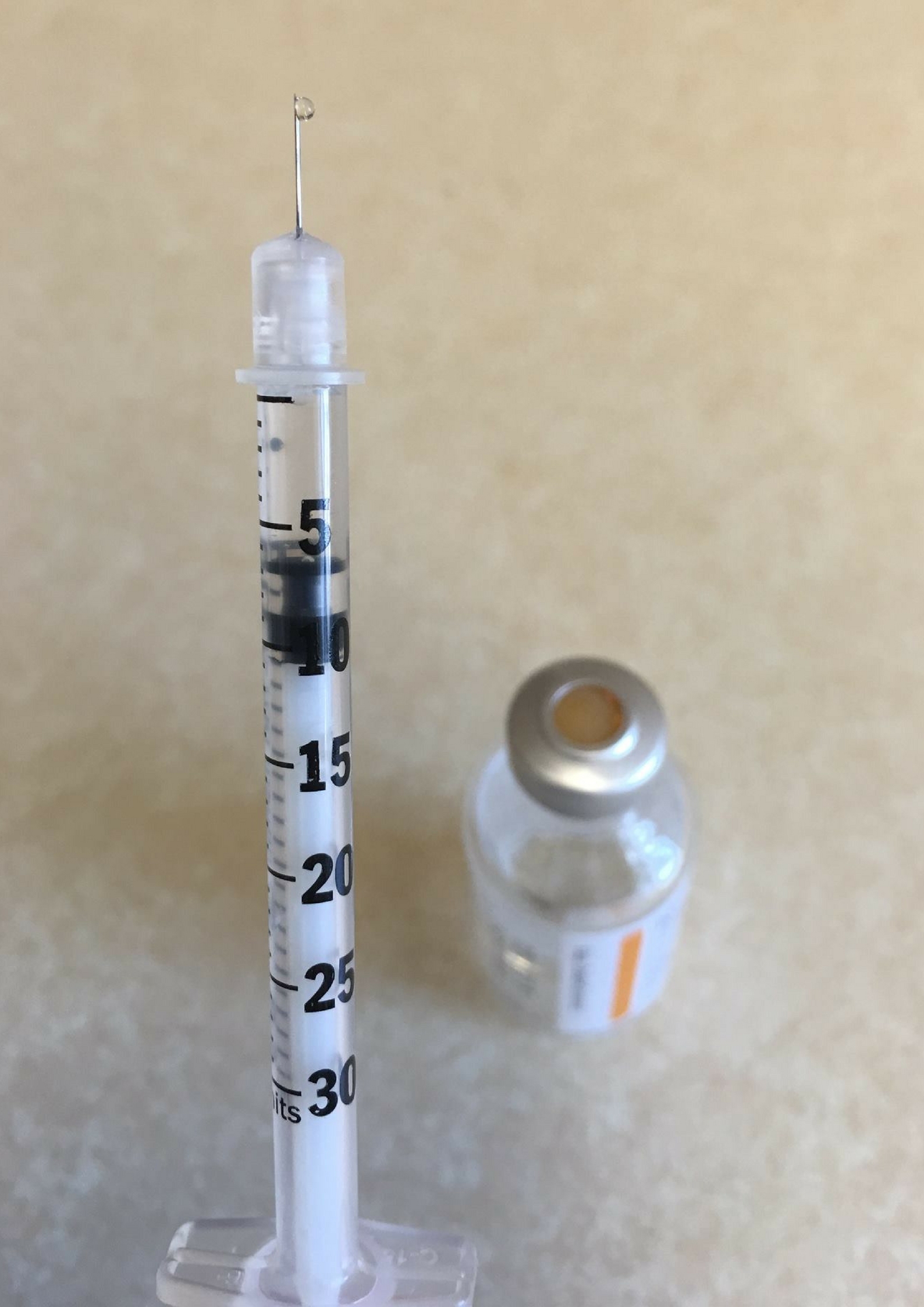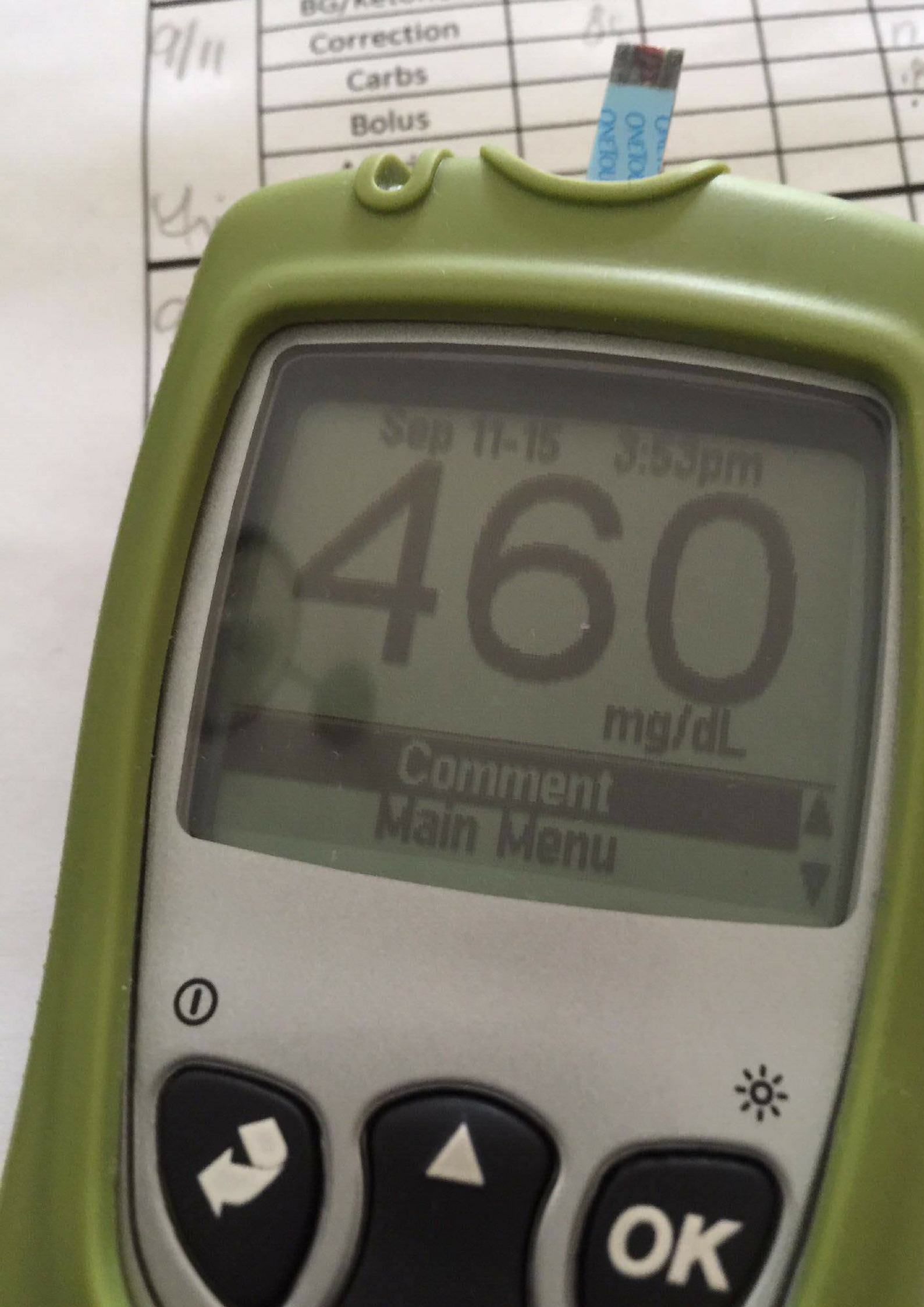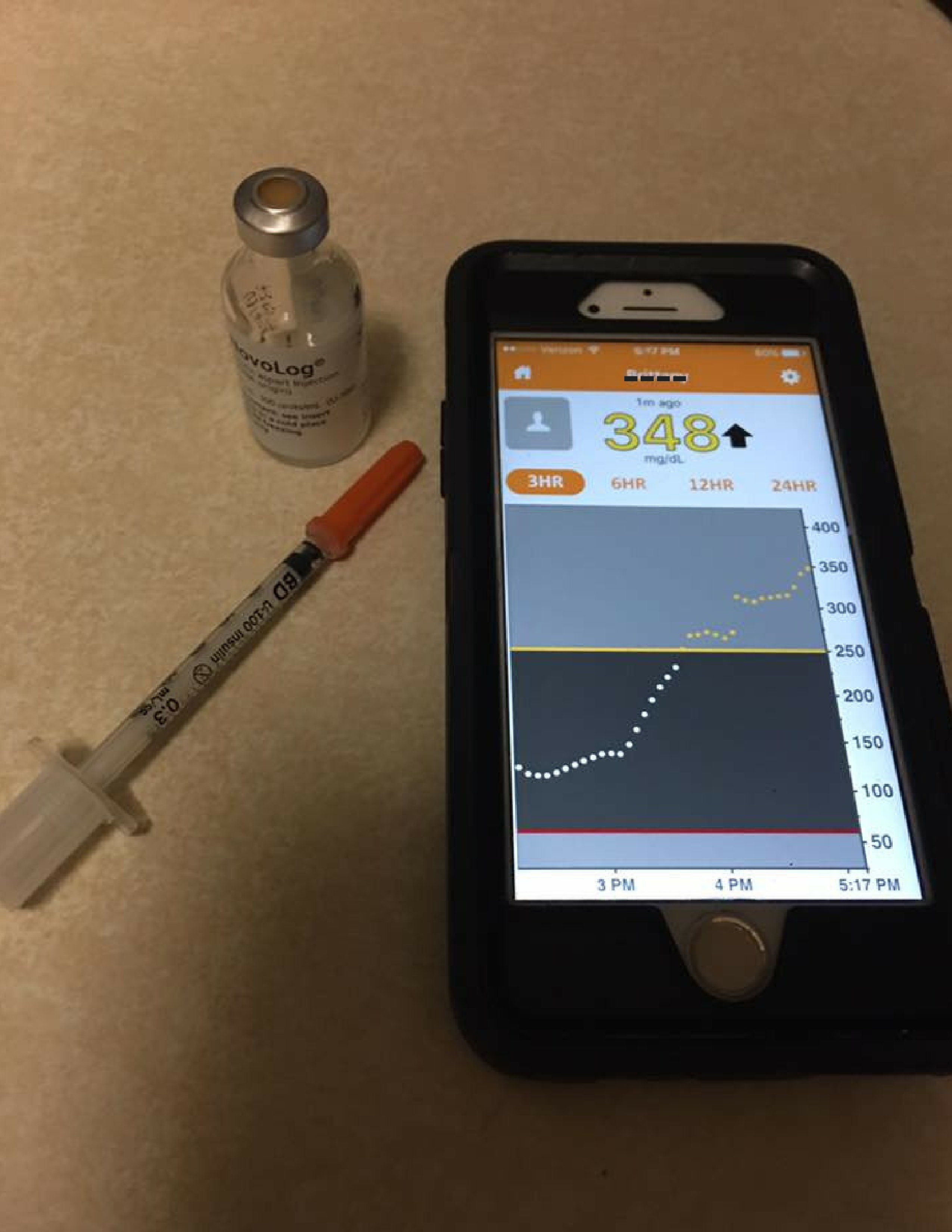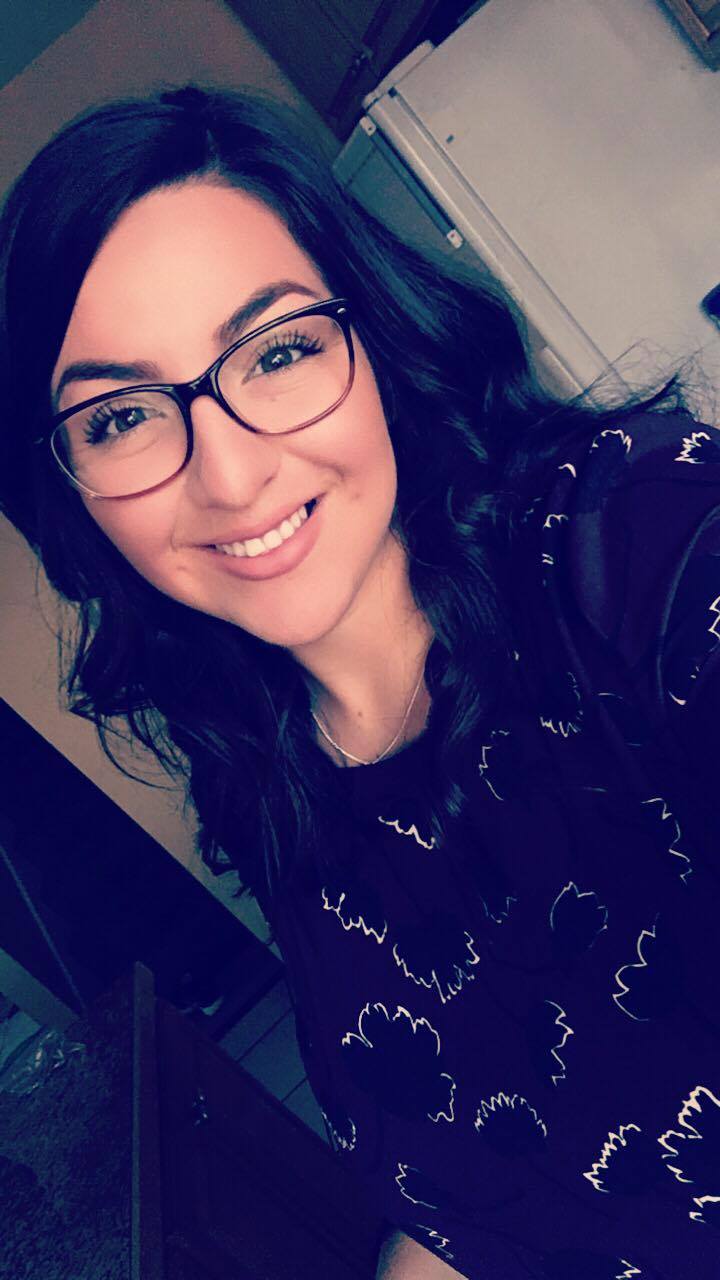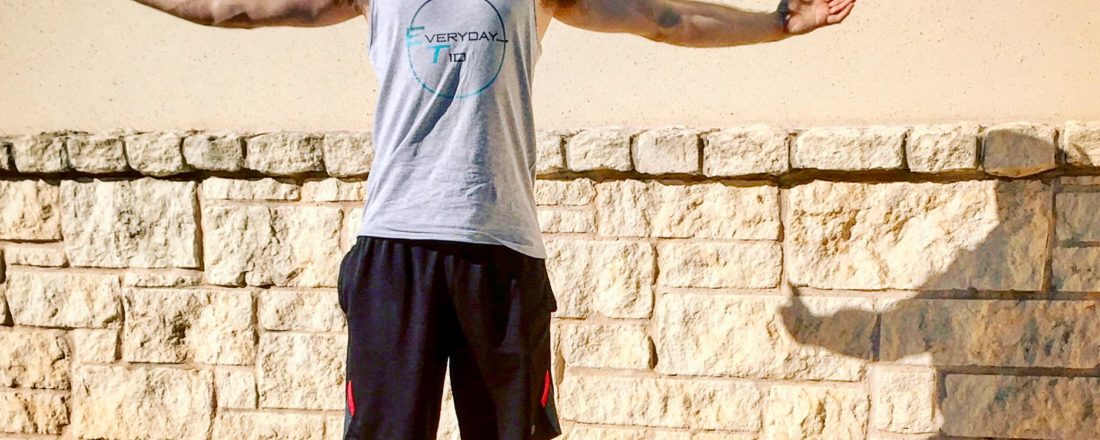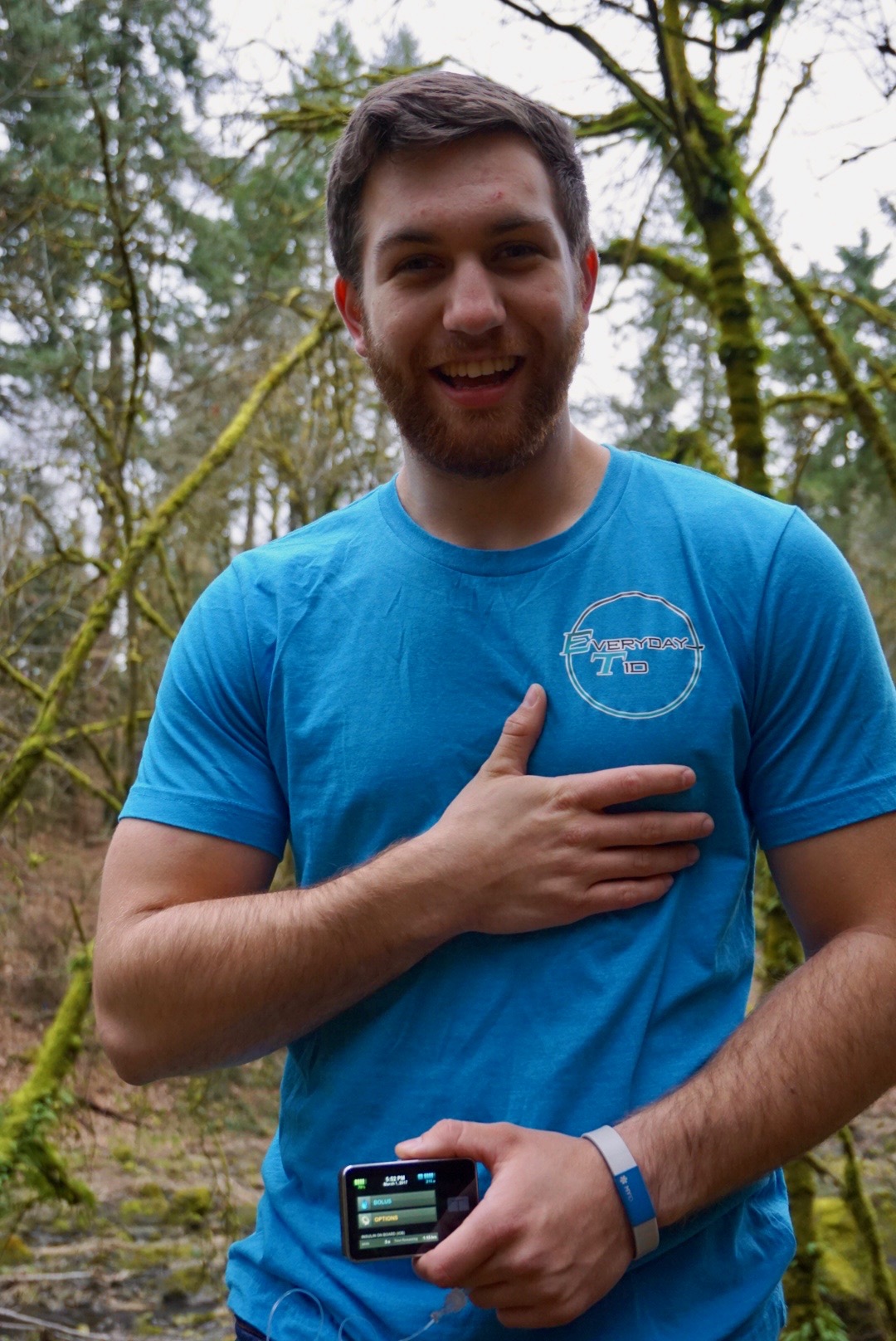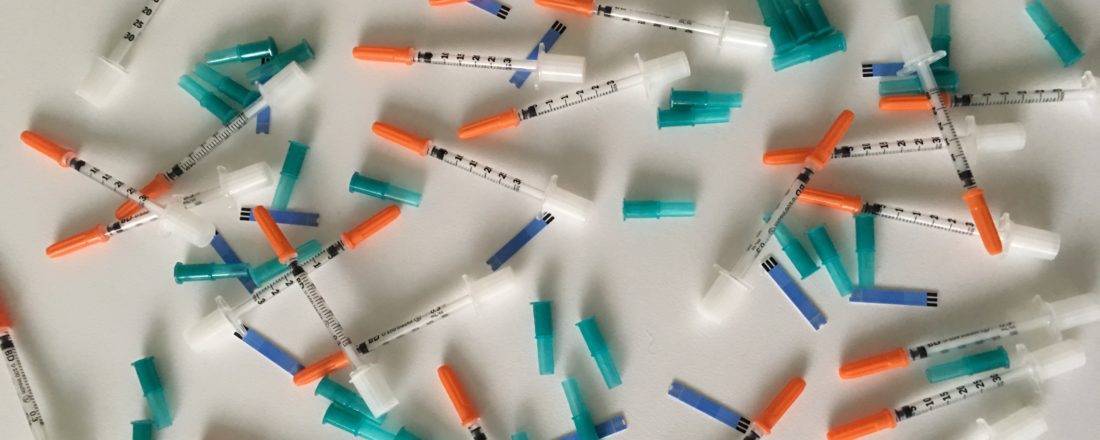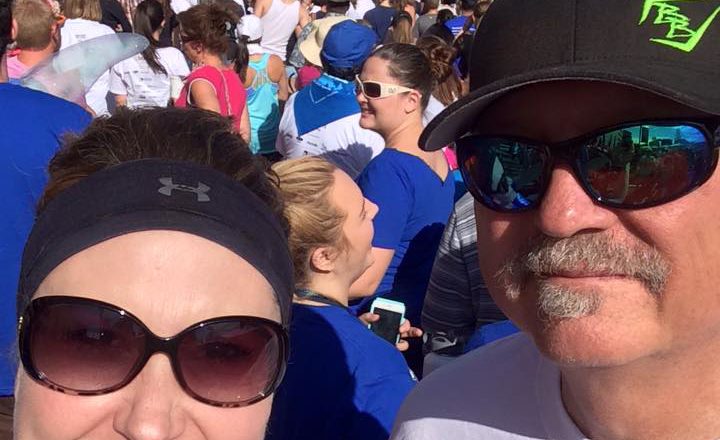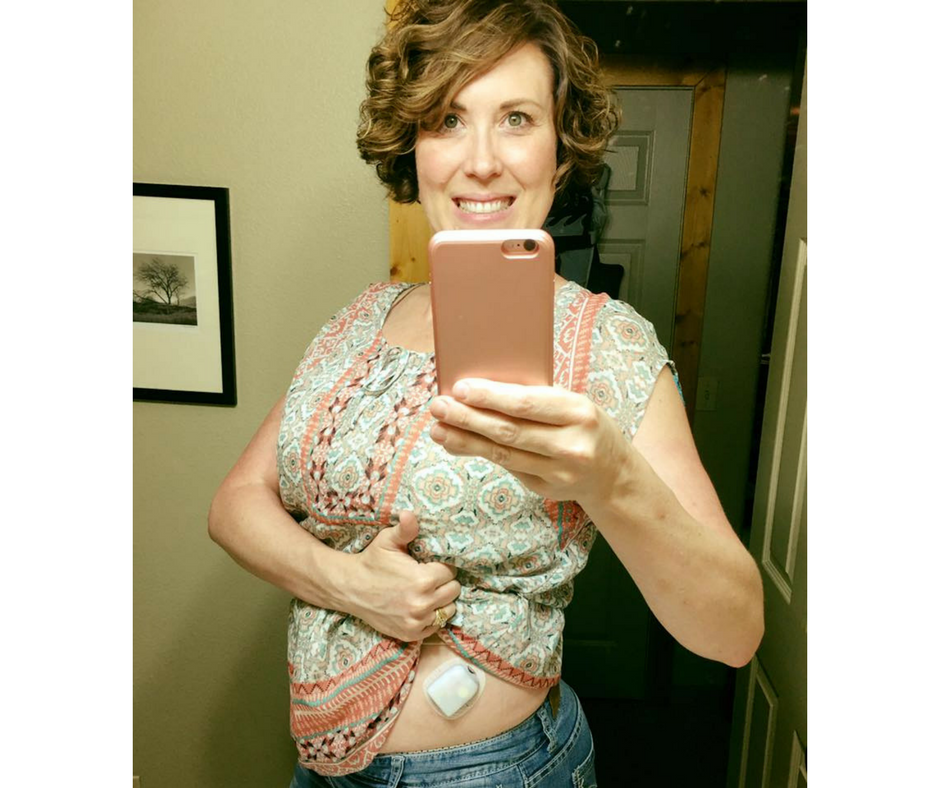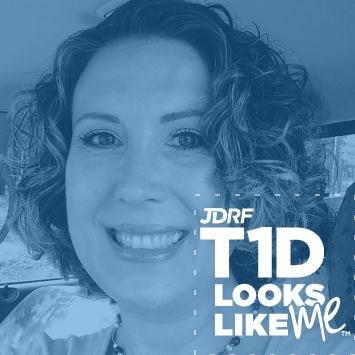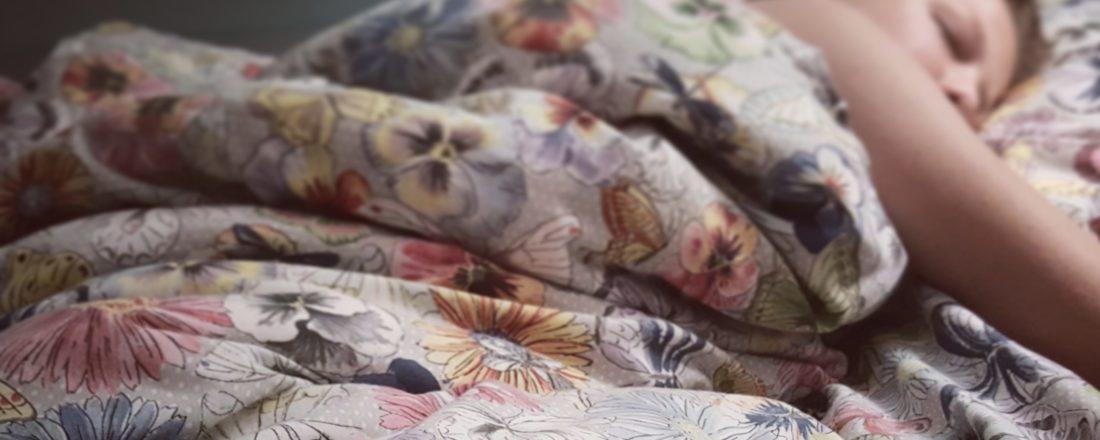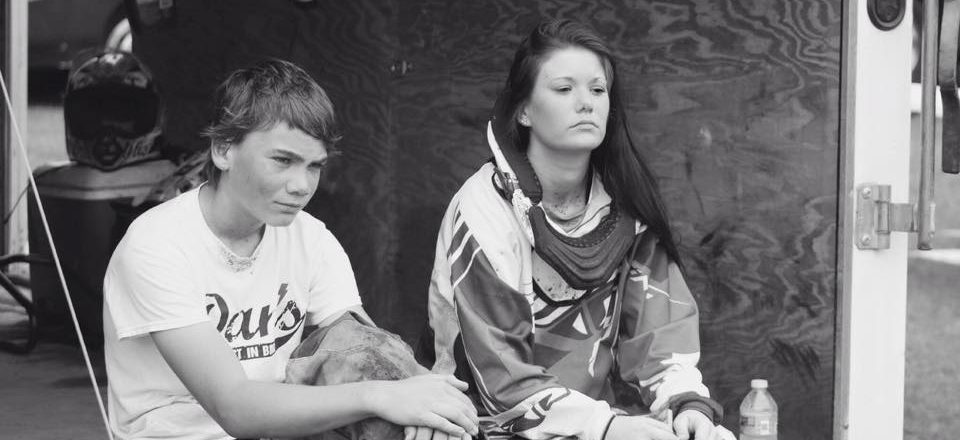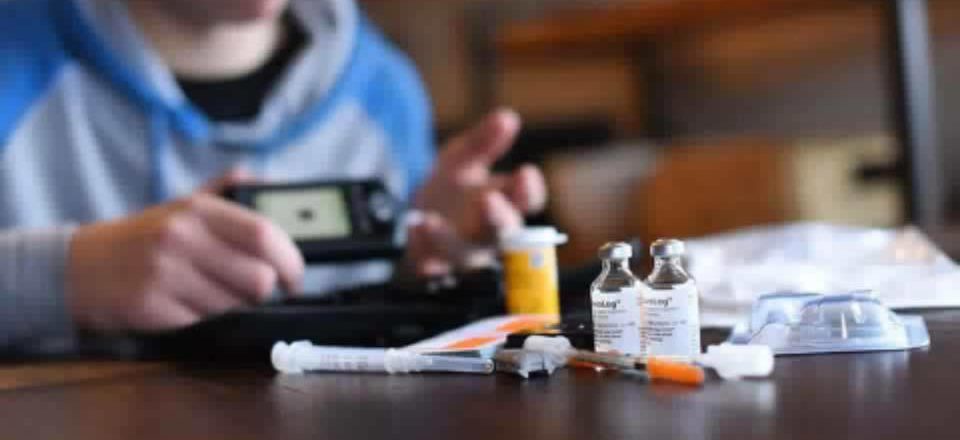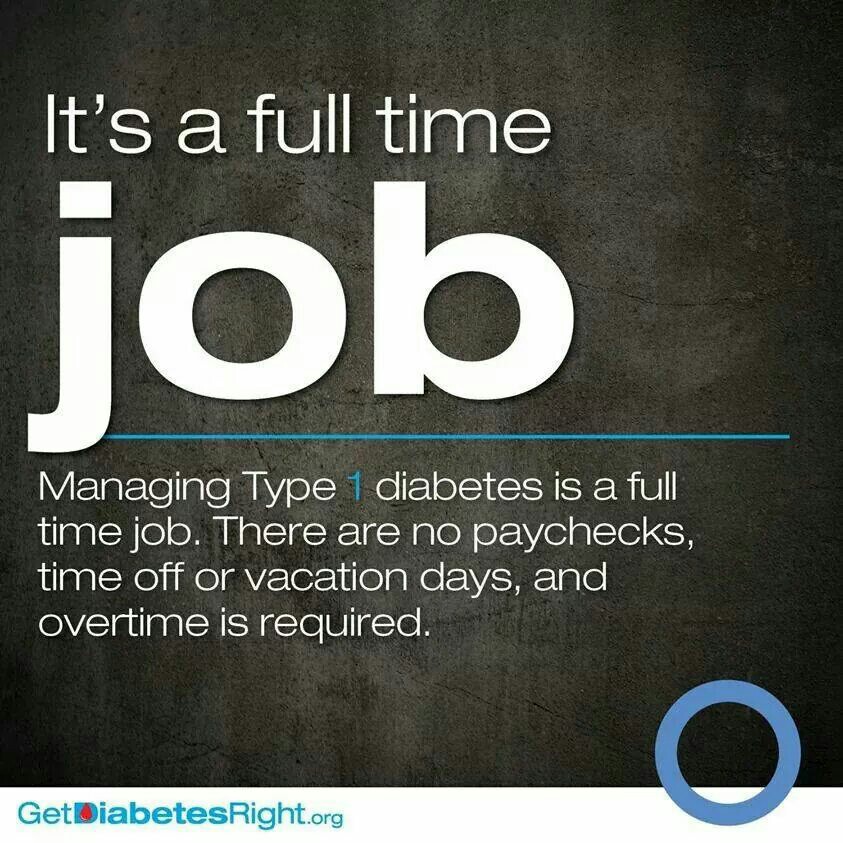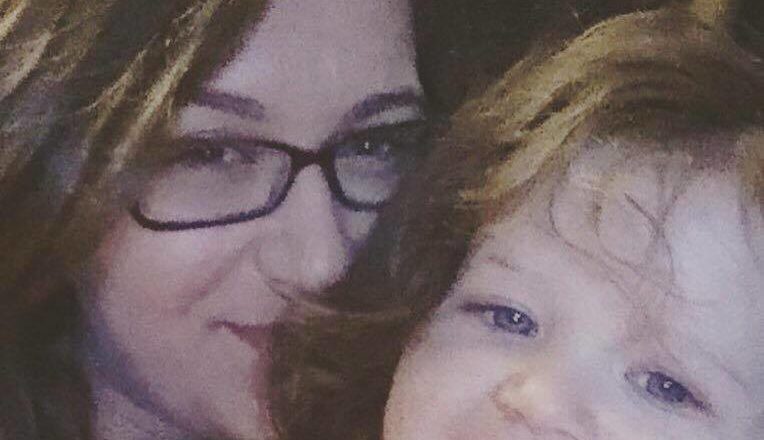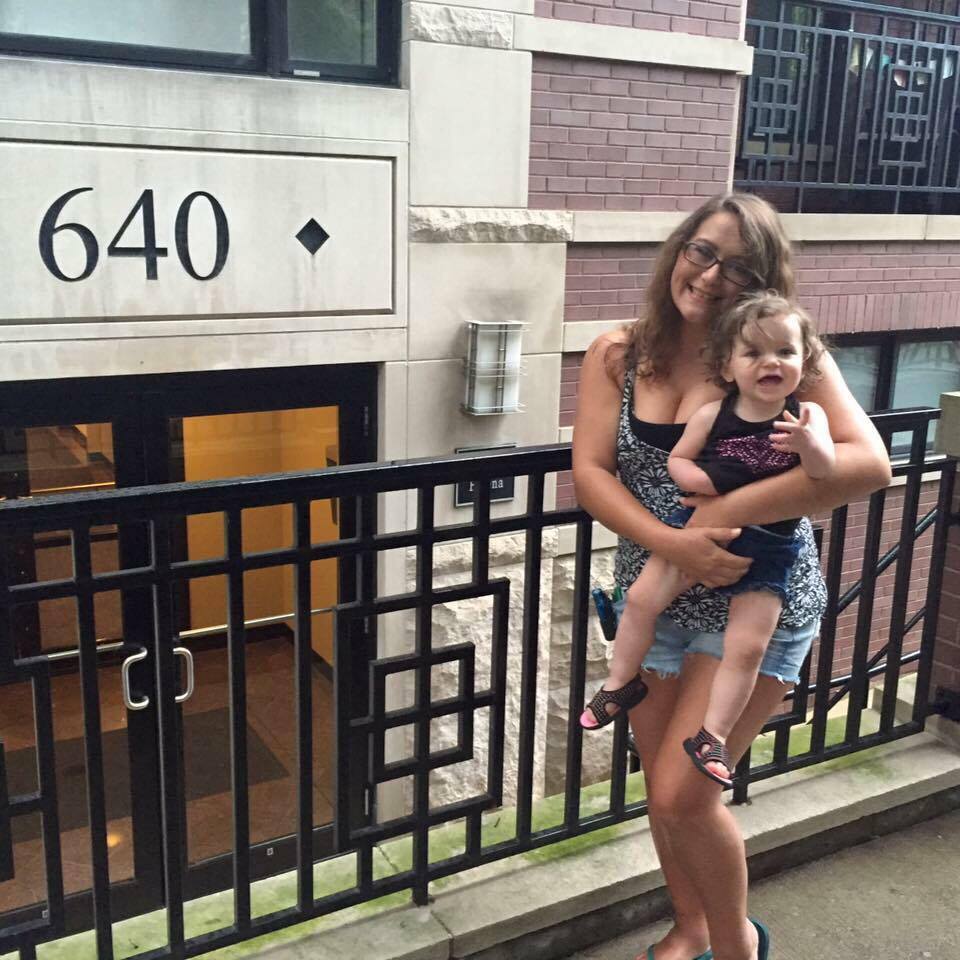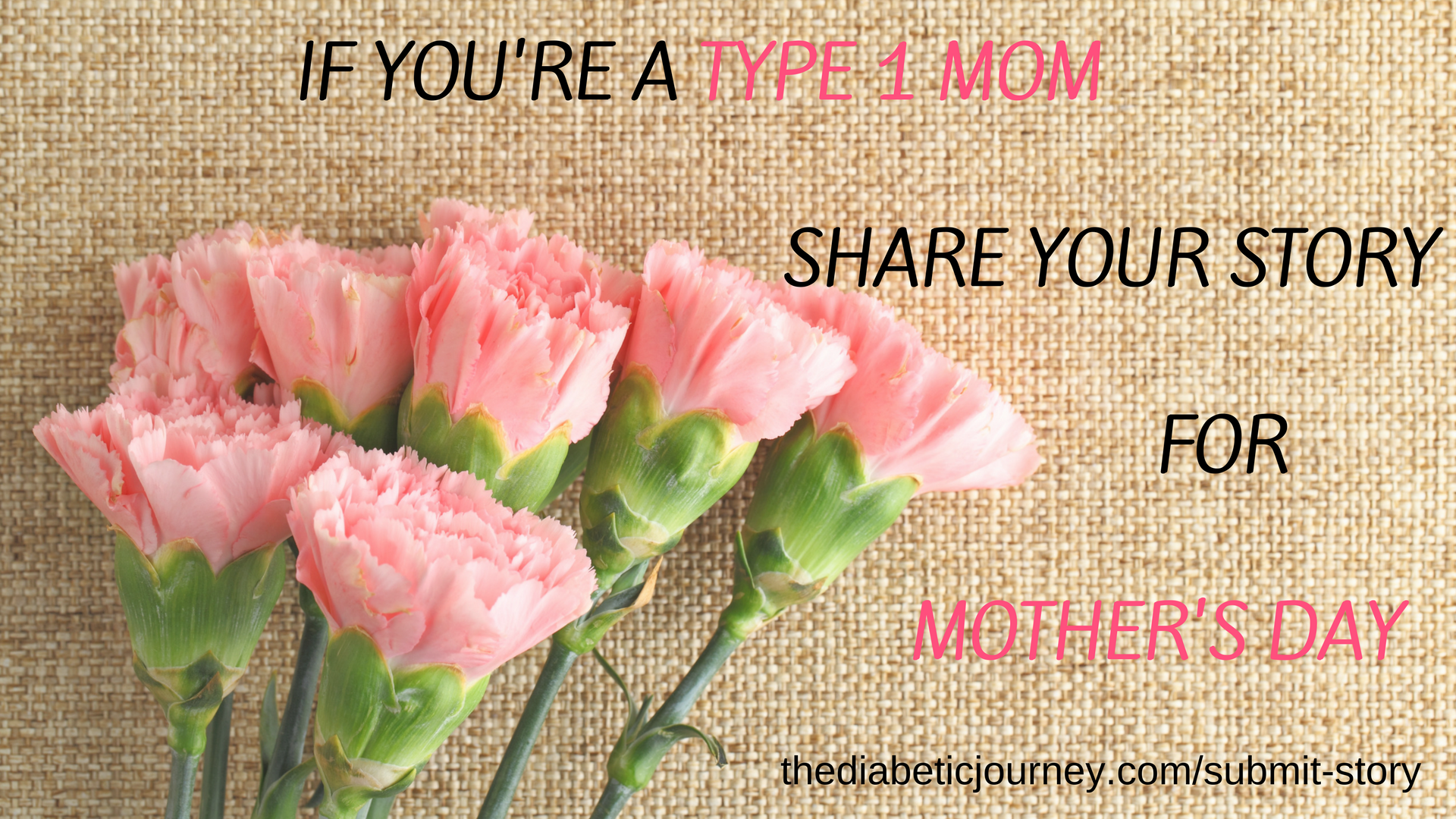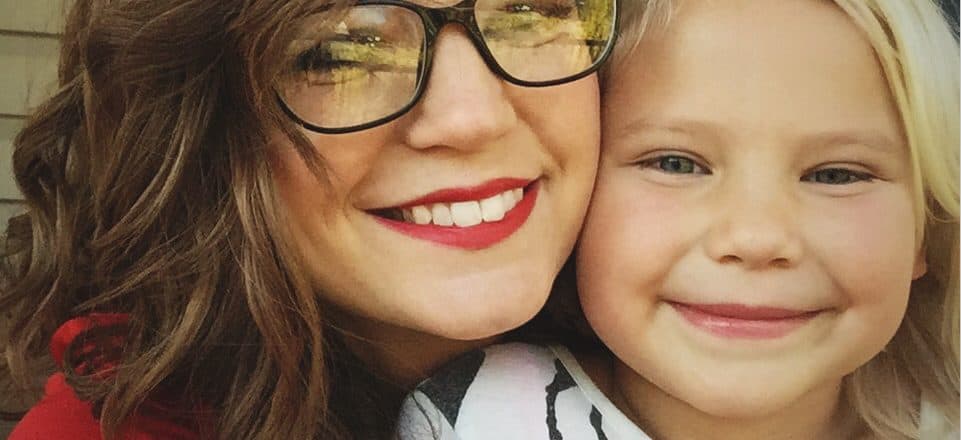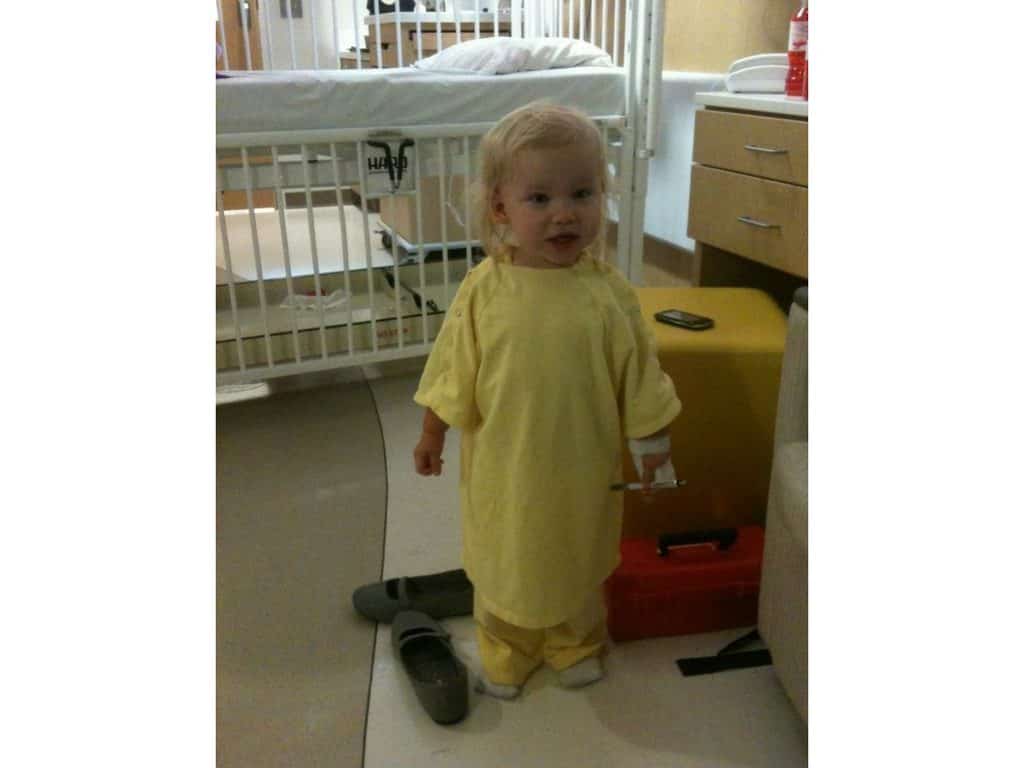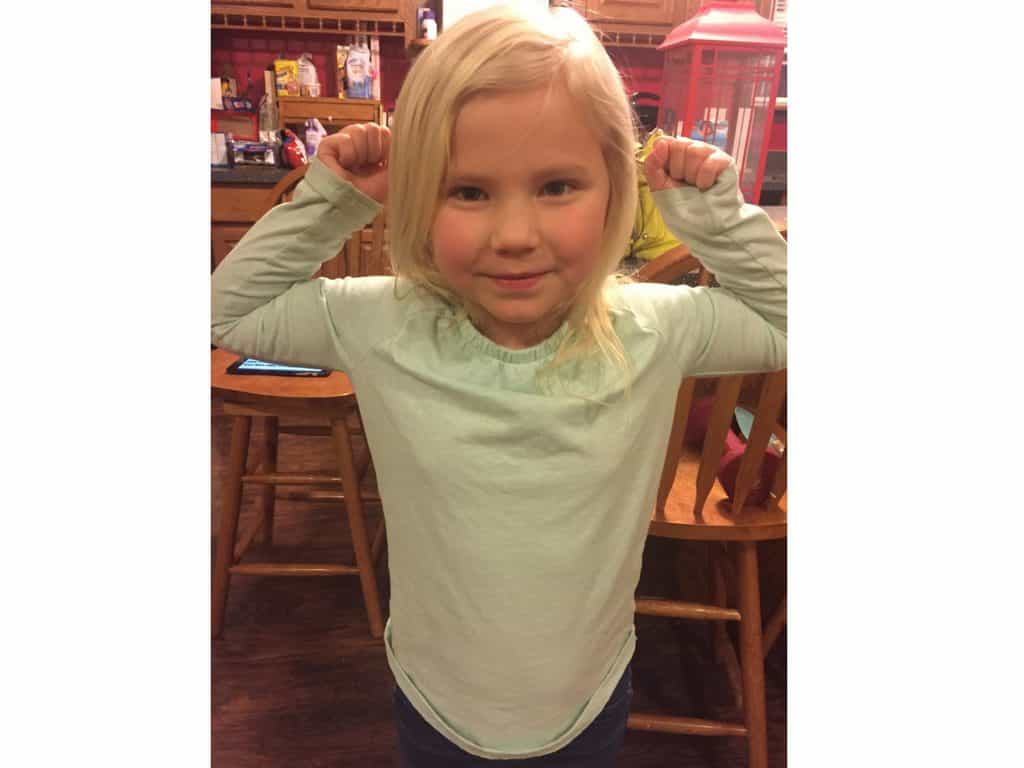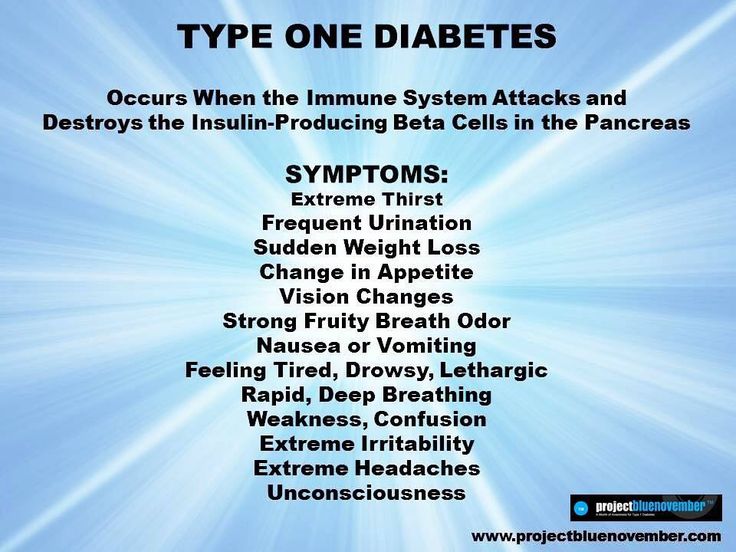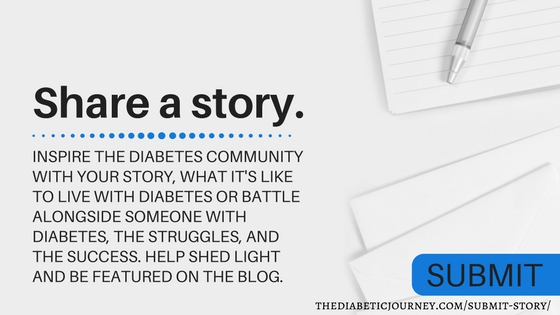How My Other Illnesses Helped Me Accept My Type 1
Blog: Love, Light, and Insulin
It took me 10 years to truly accept that I have Type 1 Diabetes. I know, that sounds impossible, but it really did. My mom was diagnosed with Type 1 Diabetes at the age of 8. So I grew up in a Type 1 household. Our family didn’t need to be taught fresh. We already lived surrounded by needles, meters, and glucose tabs.
I was 12 when I was diagnosed. Just entering high school.
I have no dramatic diagnosis story because with my mom’s knowledge we actually caught it early. It was a full year until my pancreas completely stopped making insulin.
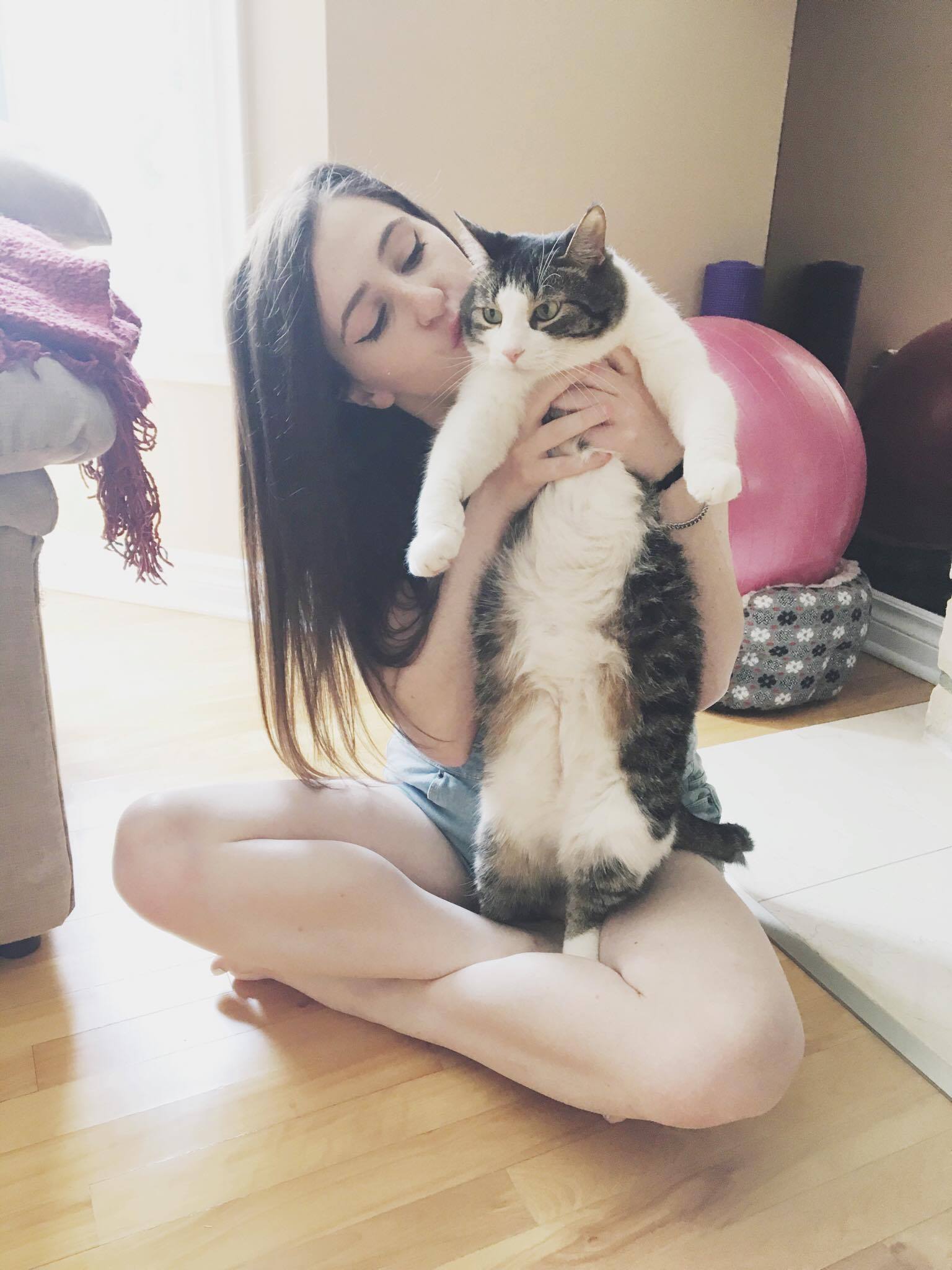
12 is a strange age. I was just entering high school. I was an awkward tween with braces. I just wanted people to like me, but I didn’t even know who I was yet. So I kind of just pushed my Diabetes to the side. It’s not that I completely ignored it, but I just dealt with it without having any sort of grieving process. I followed along with what my mom did and continued with life, hiding in the bathroom at school to give my insulin, and pretended it wasn’t a big deal.
Then at 20 I was hit with a mystery illness.
I was in school for professional photography and I just felt awful every day. My legs started to feel like lead when I walked. The trek from my suburb to school downtown began to feel nearly impossible. I developed a wide gait and walking, something that used to be so natural, became difficult. That was the last time I was in school. At this point I had been to my doctor and she had asked me if I was depressed… if my Diabetes was under control… if I was exercising, because all my tests were coming back normal.
Next came scarier and stranger issues. I had stroke-like episodes. I started going into urinary retention. My gastrointestinal problems that I’d always had became more severe. I was lightheaded and nauseous standing up. It just felt like my body was falling apart.
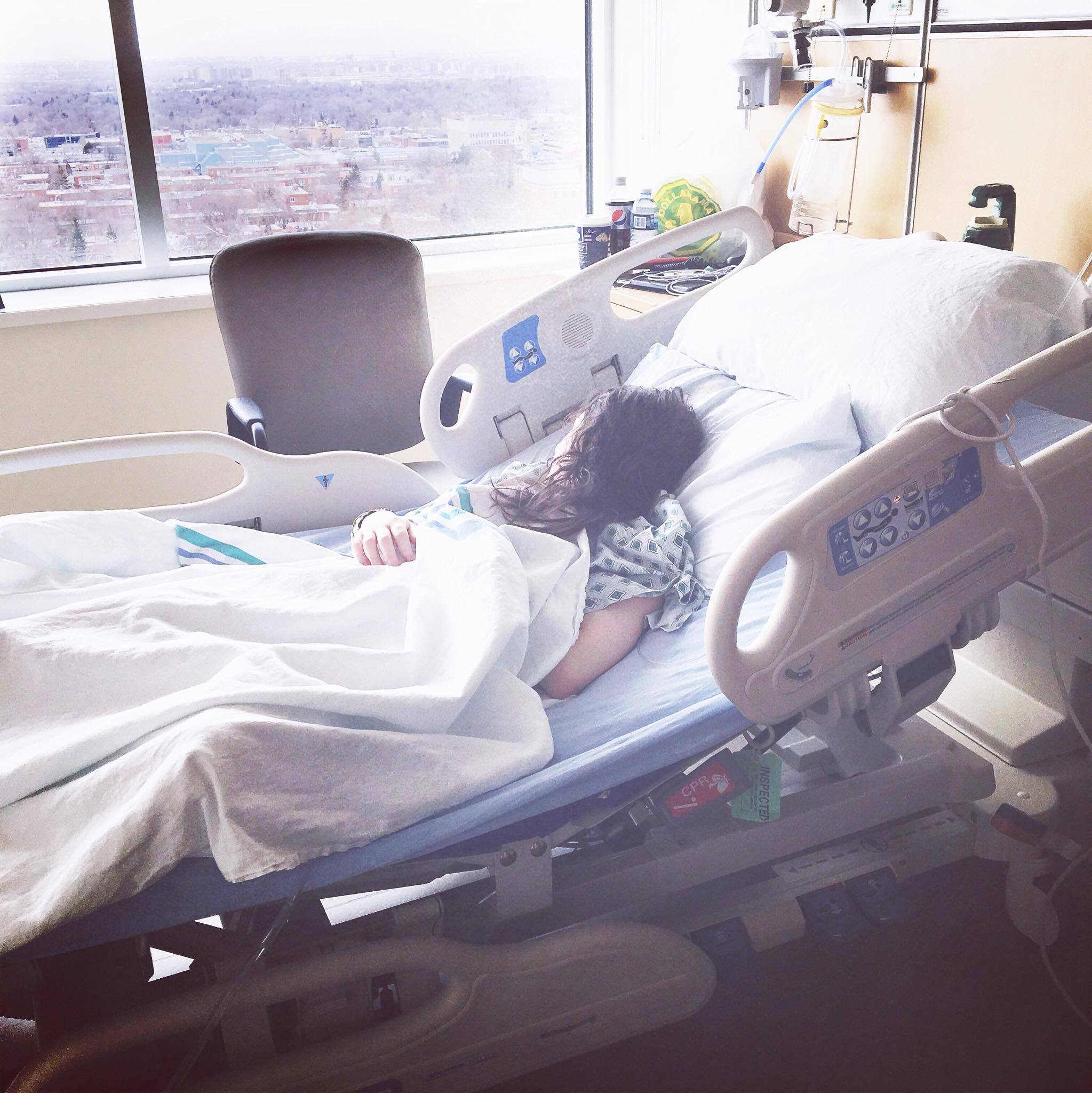
And it was a uphill battle to get doctors to believe me and take me seriously. In the meantime, I was not well at all, and the realization hit me that having Type 1 wasn’t no big deal. It hit me that this disease was just as important, and just as scary and serious as all these other issues I was dealing with. It was a big deal and a complete full time job. One that I couldn’t forget to do when I wasn’t feeling well. One that I had to keep in good control to prove to my doctors that I was a compliant patient. One that was even harder to care for than some of my other issues.
So while I didn’t know what was wrong with me in every other way… I knew I had Type 1 Diabetes.
This is when I started venturing into the Diabetes Online Community. Talking to all these people who got it was such a miracle for me. From there, I found the whole chronic illness community, and both of them together helped to get me through all the years of the unknown. I found others who had both Type 1 and other unrelated illnesses. I wasn’t alone and I wasn’t the only one going through all this.
And then some tests started to come back positive. Through urodynamics I was diagnosed with Bladder Sphincter Dyssynergia, a form of Neurogenic Bladder. Through a Sitz Marker study I was diagnosed with slow intestinal motility. Through a tilt table test I was diagnosed with Postural Orthostatic Tachycardia Syndrome, or POTS for short.
But my walking and balance problems were still a mystery. I had about 4 neurologists tell me I had conversion disorder but kept fighting, because I knew that wasn’t right. There so many tears shed after appointments, so many let downs. So many medical professionals who just didn’t take me seriously. Until this year.
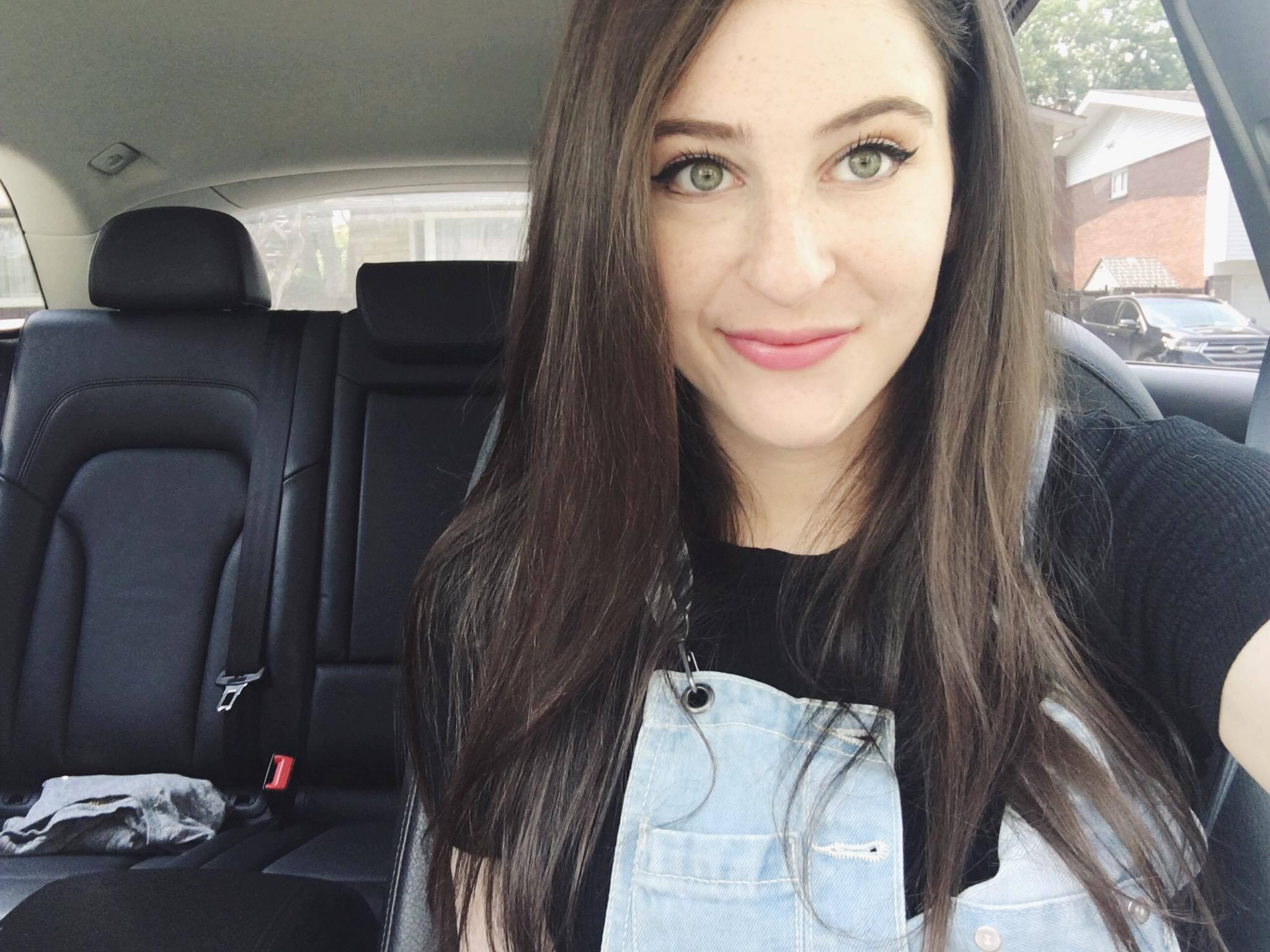
My neurologist (one who had previously thought I had conversion disorder), called and asked me to come in and discuss some results. She told me that she thinks I have Stiff Person Syndrome, a literal one in a million disease, and started me on treatment. Stiff Person Syndrome is a rare neurological autoimmune disease that you can probably guess from the name, causes progressive stiffness and muscle spasms. So I don’t know what my future holds. I don’t know how much worse things could get or how quickly.
So right now I’m trying to live out my life the best I can with a disability.
I’m trying to go out of my comfort zone and go on adventures. And now, I can take a step back from this 5 year search for answers and breathe the biggest sigh of relief. Because although having a debilitating, progressive illness is no fun, I would rather know than not know.
Fun fact: Though Stiff Person Syndrome is thought to occur in fewer than one million people, 60% of people who do have Stiff Person Syndrome have Type 1 Diabetes.
And if I had any advice, it would be that you know your body best. Be your own advocate. Let your voice be heard and let it be strong. Don’t let the sounds from others get in the way. You are always stronger than you think you are.

